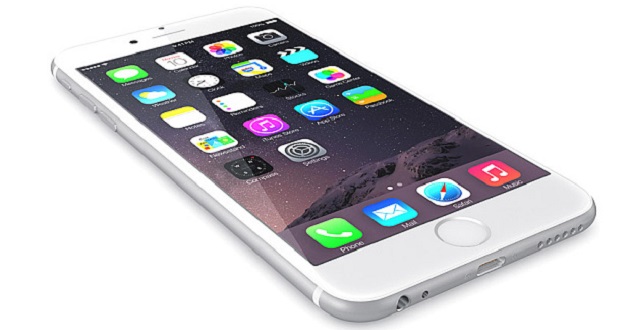Tech
Woman slams US Customs with lawsuit for copying iPhone data

A US Muslim woman whose iPhone was taken from her by US Customs and Border Protection (CPB) is suing to have her property returned.
But the property in question isn’t the phone itself, which was eventually returned, but the data stored on it and retained by CPB.
As searches of electronic devices belonging to people entering or returning to the US continue to become more frequent, this case and others are raising important questions about what can and should be searched and retained by the US government.
According to the court documents filed by Rejhane Lazoja and her attorneys, Lazoja was returning to the US from Zurich, Switzerland on February 26th of this year.
She was questioned and held by customs officers for some time and then asked to produce any electronic devices she had on hand.
Read also: 400 apps suspended from Facebook platform after audit
The agents confiscated her phone and asked her to unlock it multiple times, but Lazoja refused saying that it had photos of her in “a state of undress without her hijab” as well as sensitive communications with her lawyer. The agents ultimately kept her phone.
After 120 days, Lazoja finally got her phone back but only after involving her attorneys, one of which told Ars Technica that federal authorities had “forensically cracked” her phone and copied what was on it before returning it.
But as the court documents note, officials have never given any reasons for why the phone was seized in the first place. “Seizing and searching a cell phone is unlike seizing or searching any other property,” the complaint states. “Cell phones are a uniquely intimate and expansive repository of our lives. They do far more than just make calls and send emails; they monitor and log much of our movement, activity and even our thinking in real time.”
“Ms. Lazoja is a Muslim woman and wears a hijab (a headscarf) in accordance with her religious beliefs,” notes the complaint.
“Pursuant to her sincerely held beliefs, Ms. Lazoja cannot be seen in a state of undress by men who are not family members.” And returning her phone in this case isn’t enough, Lazoja’s attorneys argue. The data seized from the phone belongs to Lazoja just as much as the phone does and, therefore, must be returned. Plus, any agents and agencies that have retained copies should be required to delete them as well.
RipplesNigeria… without borders, without fears
Click here to join the Ripples Nigeria WhatsApp group for latest updates.
Join the conversation
Support Ripples Nigeria, hold up solutions journalism
Balanced, fearless journalism driven by data comes at huge financial costs.
As a media platform, we hold leadership accountable and will not trade the right to press freedom and free speech for a piece of cake.
If you like what we do, and are ready to uphold solutions journalism, kindly donate to the Ripples Nigeria cause.
Your support would help to ensure that citizens and institutions continue to have free access to credible and reliable information for societal development.






















